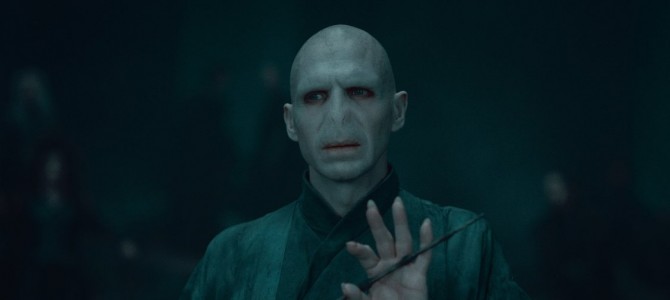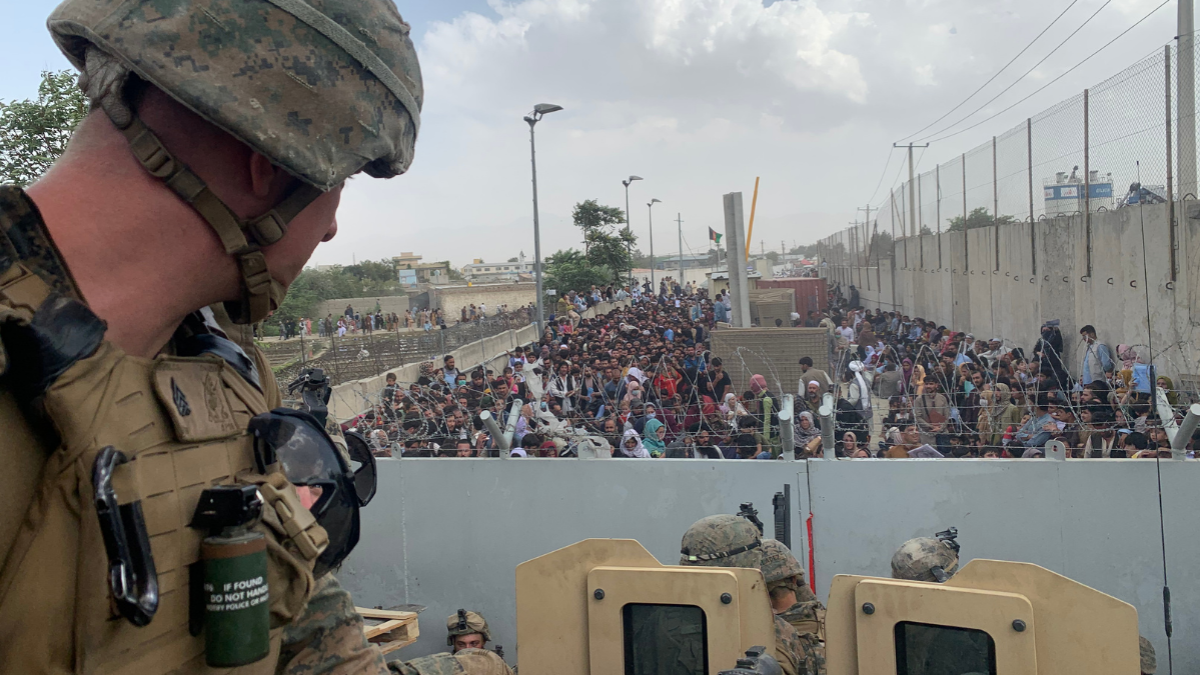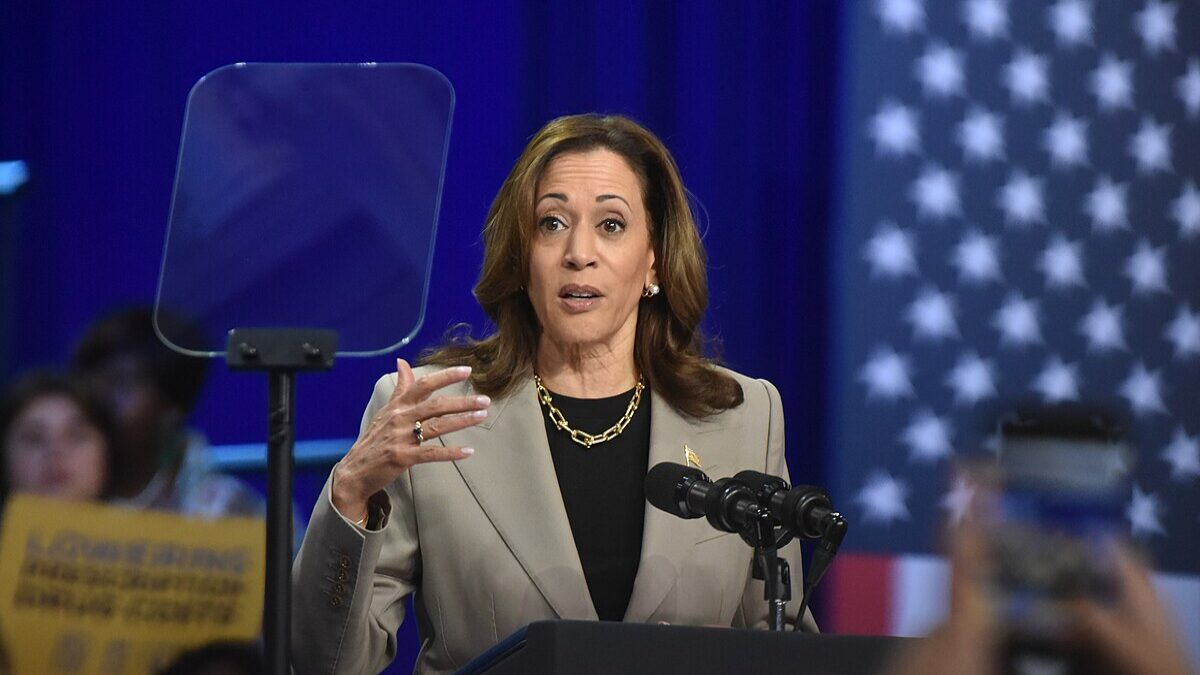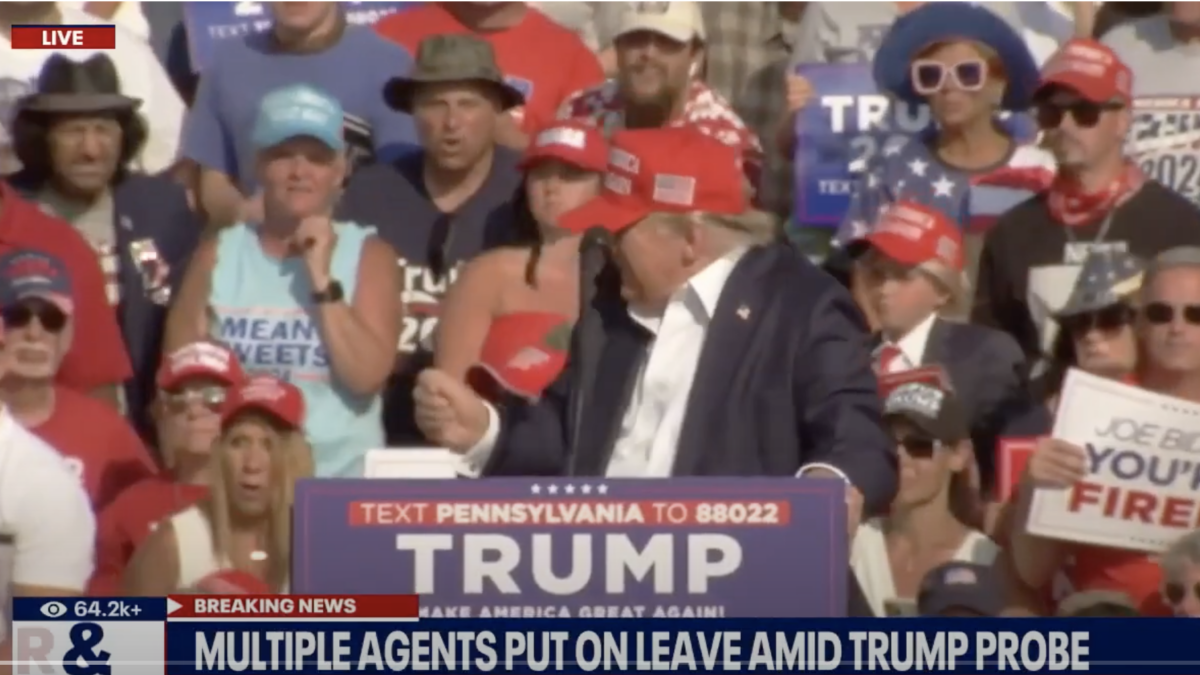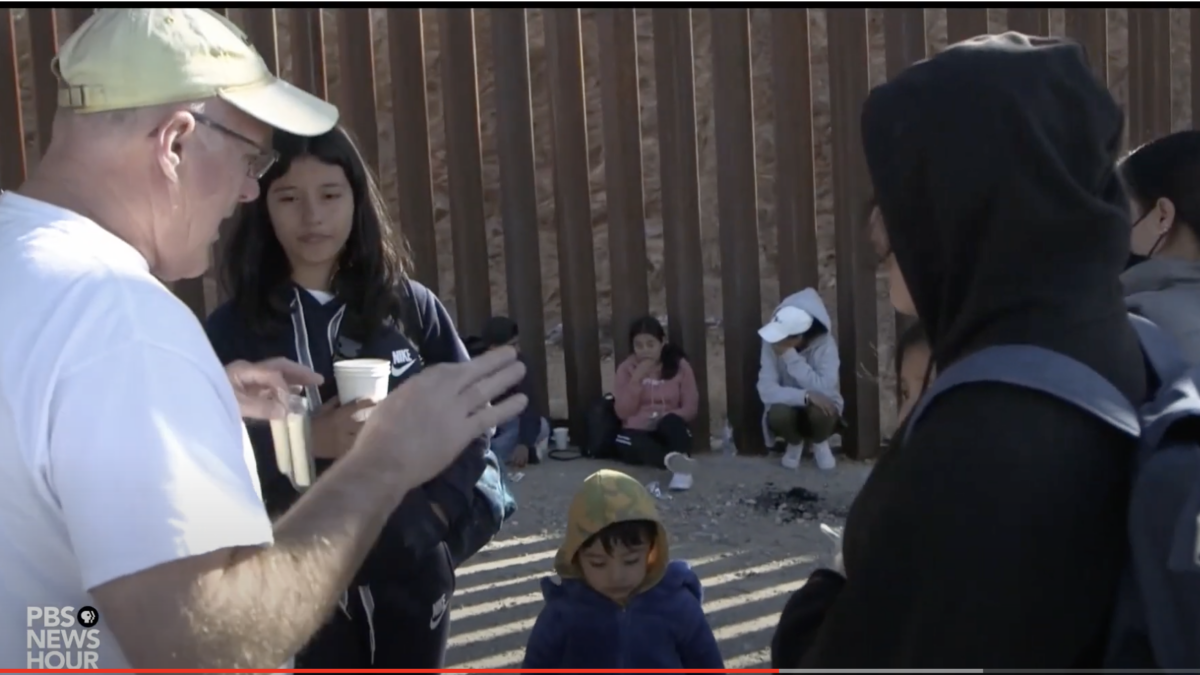This is a national security election now.
That’s the upshot for domestic American politics of the massive terrorist attack in Paris.
Is it too early to “politicize” this, to assess its impact on the presidential contest? Sorry, but this is what politics is for, particularly presidential politics. We’re picking the next commander-in-chief, someone who will have wide discretion over how to respond — or not respond — to a threat like this. We’d better know as soon as possible whether they’re up to it.
And we’ve just been reminded that one party really isn’t up to it. In fact, they’re caught up in a radical denial about radical Islam.
That’s the takeaway from Saturday night’s Democratic debate. Given how it turned out, some are wondering whether the Democratic candidates should have asked for the debate to be postponed. Apparently, one of Bernie Sanders’s people actually pitched a fit over the fact that the candidates were suddenly going to have to speak about foreign policy. But when a crisis hits, the president doesn’t get to ask for another week to get his act together. If the candidates want the office, they need to show us they’re prepared to respond to an event like this immediately.
They aren’t.
The first response of the debate was given by Sanders. With a full minute to respond to the events in Paris — and about 24 hours to prepare — he could not bring himself to talk about it for so much as 20 seconds before reverting to his stump speech on income inequality. Here’s the video of the full opening section of the debate.
Sanders’ response to Paris and ISIS is from the 3:38 mark to 3:57 — a full 19 seconds, the limit to which he could spread his attention span on a genuine national security issue.
Hillary Clinton seemed to take the issue more seriously, but not seriously enough to have anything specific to say. Instead, she assured us she will have a position some time in the future: “I will be laying out in detail what I think we need to do with our friends and allies in Europe and elsewhere to do a better job of coordinating efforts against the scourge of terrorism.”
The essence of Martin O’Malley’s answer was that “We must be able to work collaboratively with others,” which is the sort of thing you say when applying for a job at a middling graphic design firm. I think this excuses us from the necessity of mentioning him again.
But the most revealing exchange came when moderator John Dickerson — who really showed how a good debate with good follow-up question is done — pressed the candidates on whether they would use the phrase “radical Islam.” He even went so far as to explain that “the critique is that the softness of language betrays a softness of approach, so if this language — if you don’t call it by what it is, how can your approach be effective?” He couldn’t get a single one of the candidates to use the words. Clinton demurred, “I don’t want us to be painting with too broad a brush.” Sanders declared, “I don’t think the term is what’s important.” The term “radical Islam” is so unimportant that he still wouldn’t use it.
For Democrats, radical Islam is the Ideology-That-Must-Not-Be-Named.
You know what this reminds me of? Lately, I’ve been reading the Harry Potter books to my kids. I’m actually quite grateful for it at the moment because my boys are going to hear some of the news of war and terrorism, and the books give them an understandable frame of reference for the existence and nature of that kind of evil in the world.
But readers of these stories will remember that there is a taboo on the name of the main villain, Lord Voldemort, who is referred to only as “He-Who-Must-Not-Be-Named” or “You-Know-Who.” It is a special mark of defiance when our heroes refer to him openly as Voldemort or even by his more prosaic original name, Tom Riddle.
Yet we have a bunch of serious adults running around acting as if the phrase “radical Islam” has been jinxed. All they can offer is oblique references to You-Know-What. Everyone knows we’re talking about Islam, that the Paris attack wasn’t planned and executed by the Presbyterians, but they have a superstitious awe of saying the words.
As Harry Potter’s mentor Dumbledore explains, “Always use the proper name for things. Fear of a name increases fear of the thing itself.” Part of the point of saying the name is to show that you’re not cowed into submission. And the effect of refusing to say it is to show that you are cowed.
But it’s deeper than just expressing defiance. To be able to name a thing is to be able to think about it. Without a word for it, you begin to lose the concept and the meaning. You literally cannot discuss important aspects of what it is, and you will be prevented from reaching meaningful conclusions.
Long ago, my wife made the same point to me about the prohibition on depicting Mohammed in art — another taboo superstitiously accepted by our cultural elites. To be unable to paint or draw something is to cut off a whole avenue of thought and expression on the subject. It is to give over mental control of the issue to those who impose the taboo.
Cut off your thinking on this issue, for example, and you might end up concluding the climate change and the (supposed) resulting competition over natural resources is the cause of terrorism — Sanders’ big howler of the night. Or that the way to defy terrorism is to take a lot of political donations from Wall Street — Clinton’s big howler of the night.
In short, you get pretty much what you saw at the Democratic debate: candidates who, being unable to name “radical Islam,” don’t seem to have spent much time thinking about it and how to respond and were therefore unprepared when that question suddenly become a central issue of the election.
All of which is to say that national security coming front and center will tend to tilt the election in favor of Republicans — but not equally.
Some Republicans suffer from their own taboos on the subject and are looking equally inadequate to the moment. Rand Paul was already fading, and this will prevent him from recovering. He may still have an audience among a hard core of libertarian anti-interventionists who think it’s okay to look at national security primarily as an issue of excessive federal spending. But that’s not a mainstream Republican position. If he sticks to it, he’s going to be the guy who looks like he’s at the wrong party’s debate.
For Donald Trump and Ben Carson, being an outsider with no foreign policy experience is going to become a liability. For Trump, being a guy who likes to run his mouth without thinking very hard about it is going to be an even bigger liability. A lot of Americans aren’t going to be able to imagine either of these men as commander-in-chief.
That brings me back to an observation I made in April, when he launched his campaign: that a foreign policy crisis will tend to push Marco Rubio to the center of the campaign. He’s the only candidate who has been emphasizing this issue and making it central to his campaign from the beginning. To be sure, he’s by far the most hawkish and the most committed to George W. Bush style democracy-promotion, which should make the contrast between him and Ted Cruz — the most interesting exchange of the last Republican debate — the new central issue of the Republican primary.
The scale of the Paris attacks concentrates the mind, particularly since we know that if it can happen in Paris, it can happen in New York City or Washington, D.C. If it can happen at the Bataclan theater, it can happen at Lincoln Center. Sure, maybe the shock of the news from Paris will fade between now and next November. I hope we are so lucky, but it seems a bit too much to ask. Online, the jihadists are already boasting, “The American blood is best, and we will taste it soon.” They’re certainly going to try.
To the extent that they try again in Europe or here, this is going to remain a national security election. And only one party has candidates who are really prepared to think about that.
Follow Robert on Twitter.
